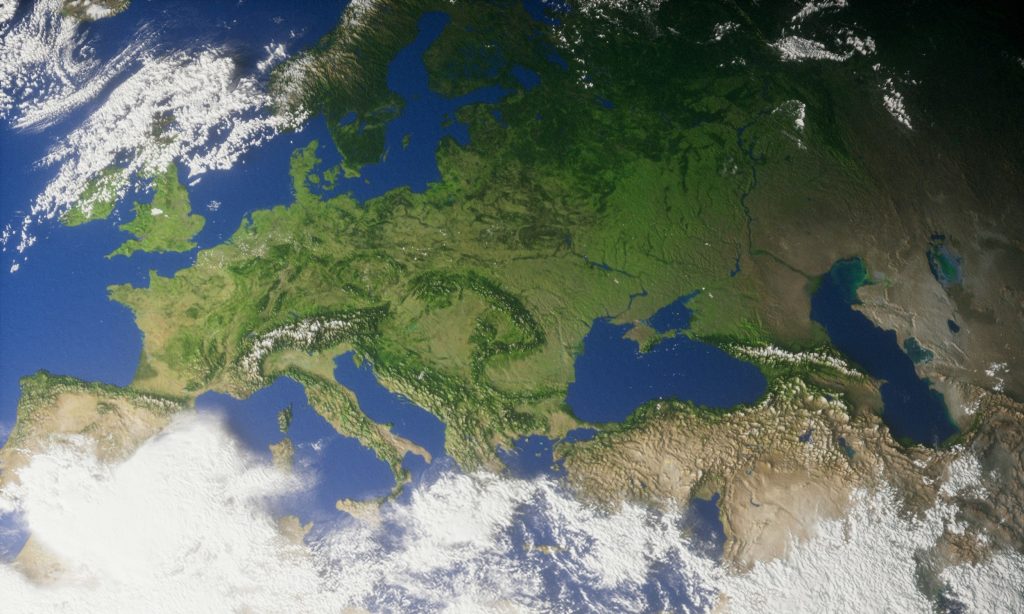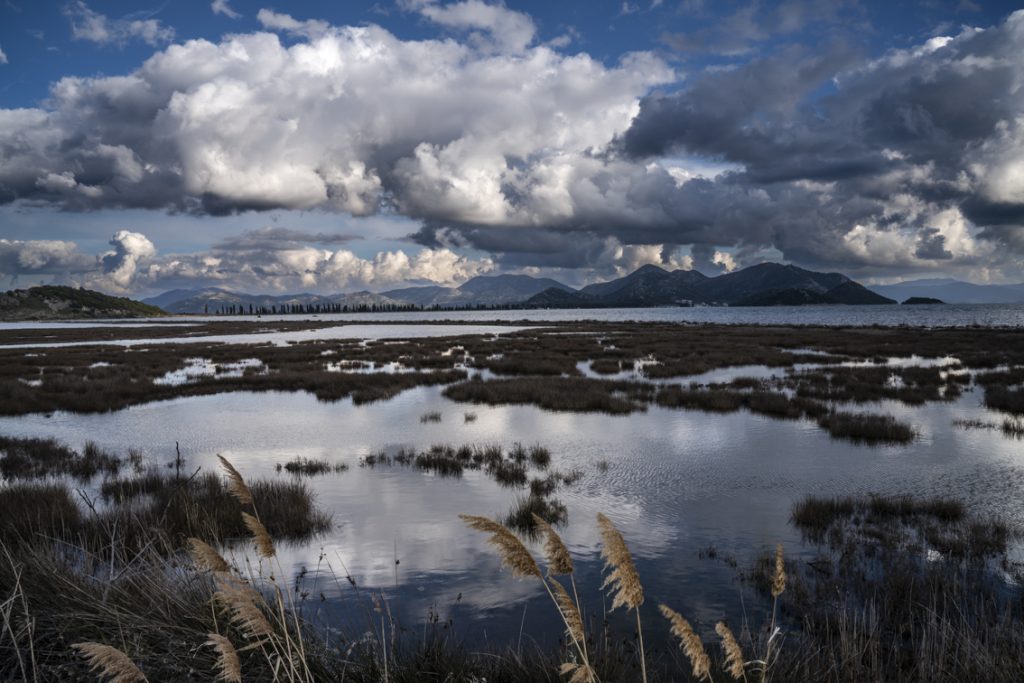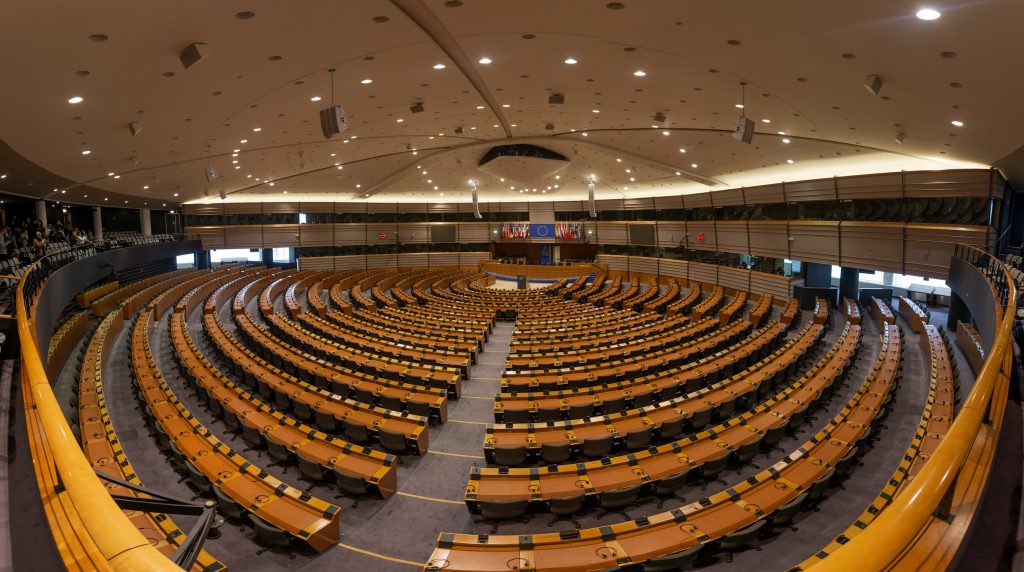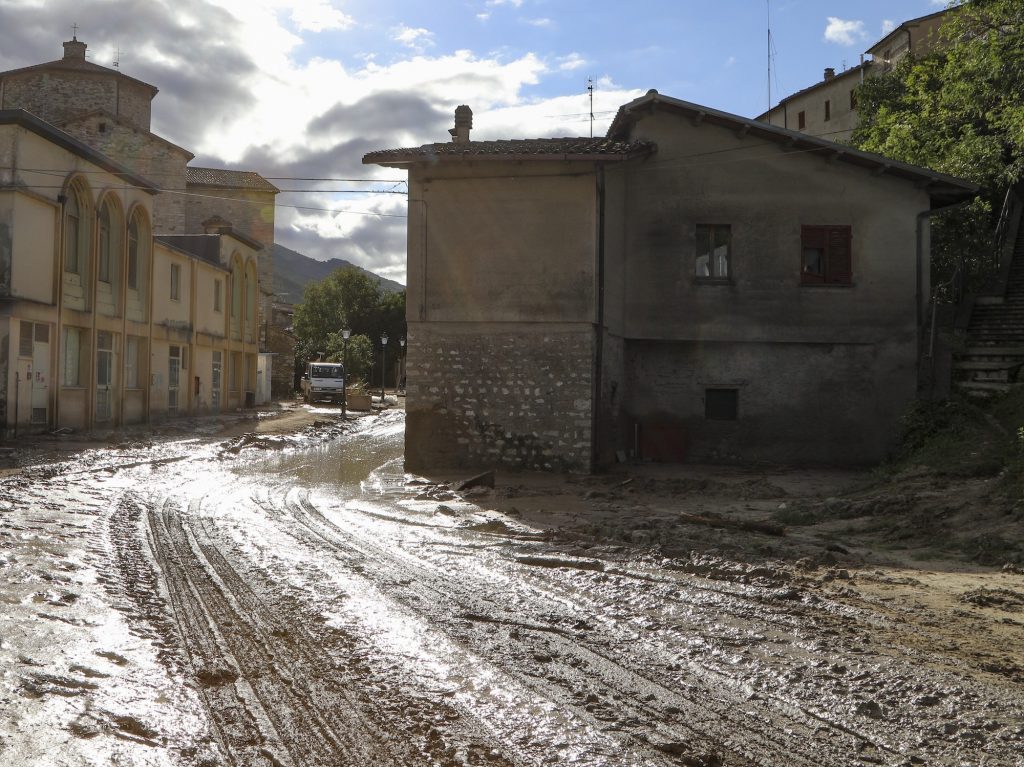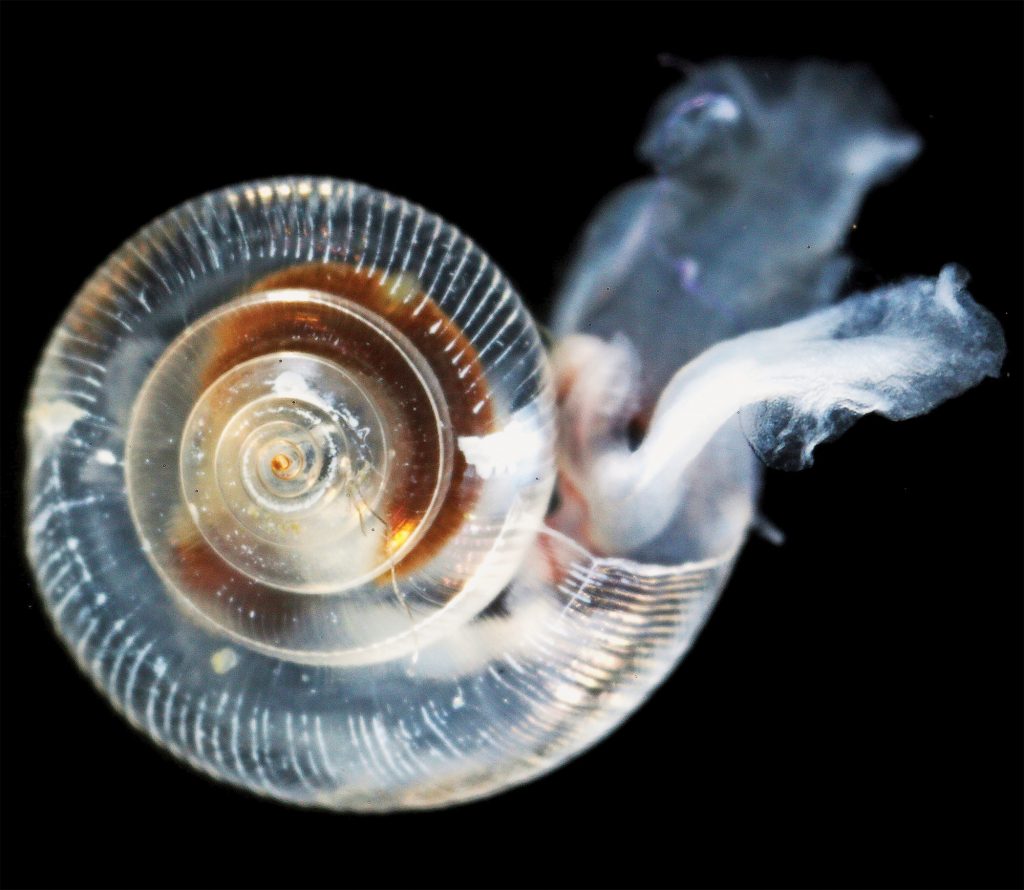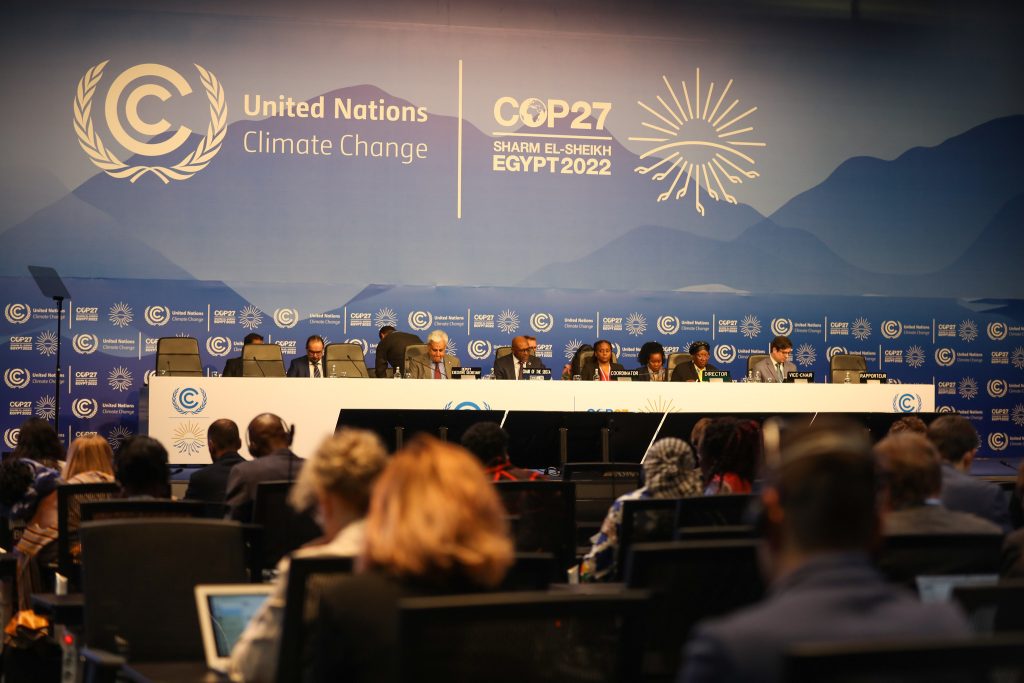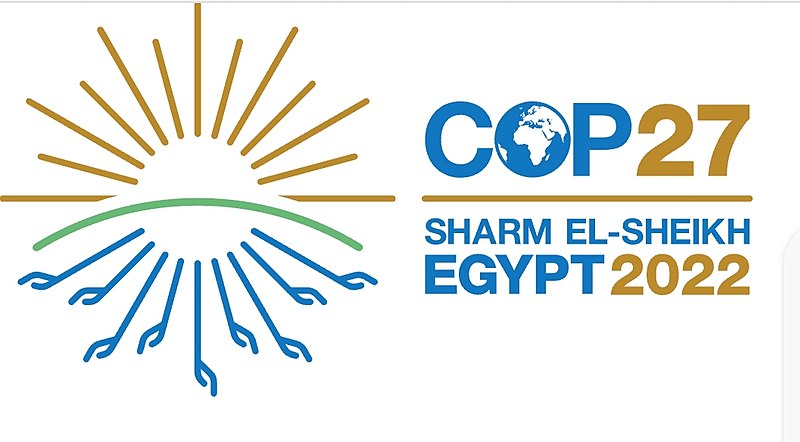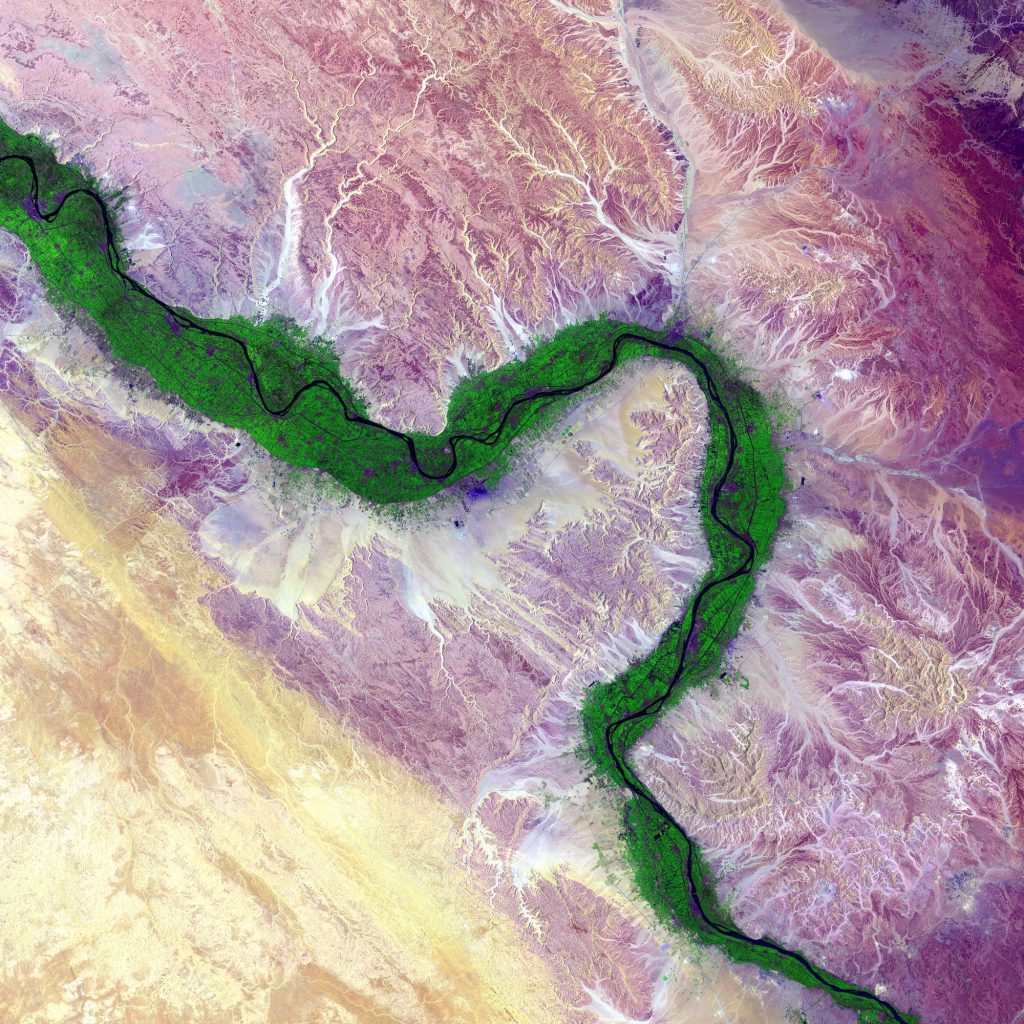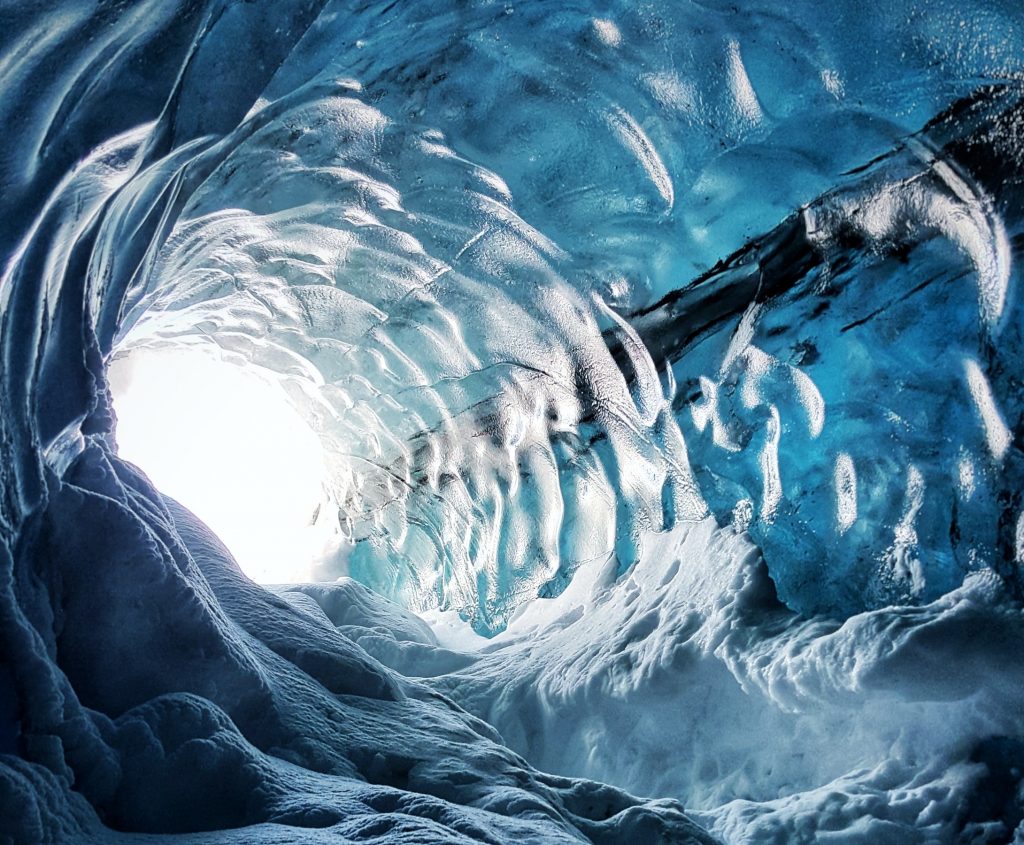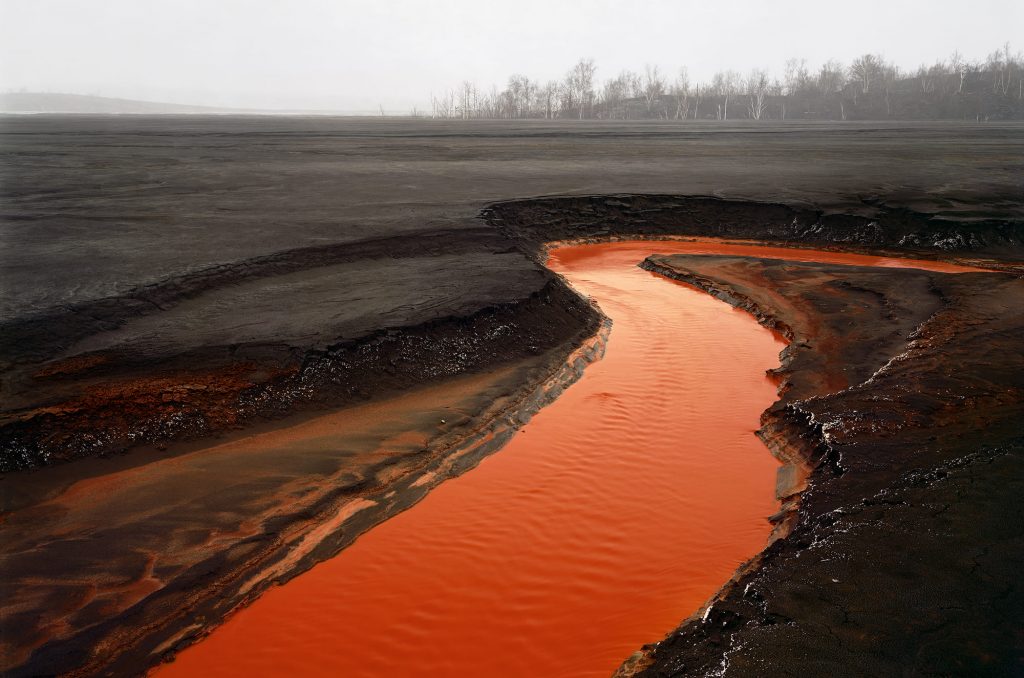
Burtynsky: Images of the human footprint
With seemingly abstract forms, the Canadian photographer, Edward Burtynsky, projects us into the other side of our lives. Using details, places, and facts that, however hidden from what we see with our own eyes, define our relationship with the planet: quarries where massive blocks of stone are dislodged, the world’s largest iron mines, the extraction of lithium and potassium.
Drawing on Burtynsky’s largest anthology exhibition at M9 Museum, Venice, CMCC publishes a series of videos with scientists and experts exploring the path to a sustainable and just transition through a focus on energy, inequalities, land and resource use, urban adaptation, and the future of our planet.

